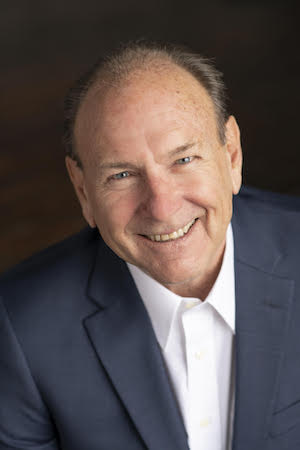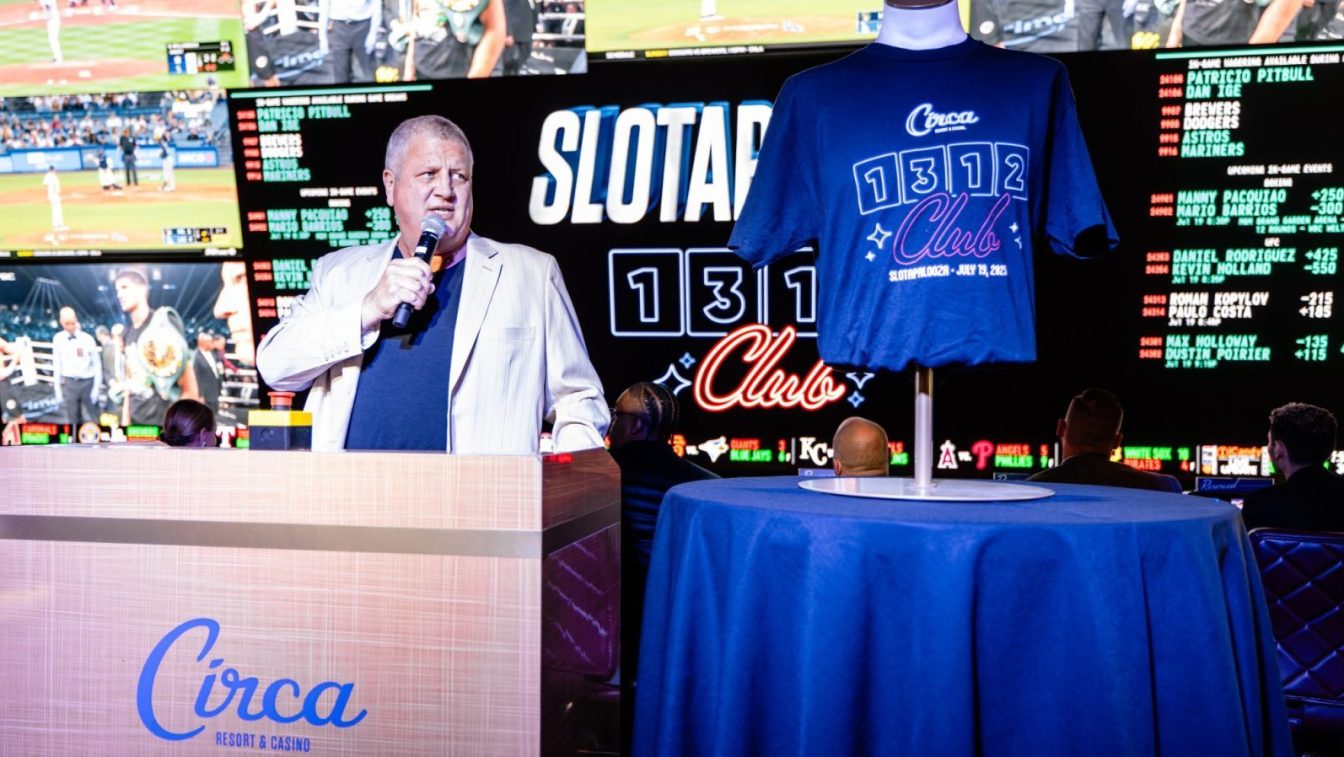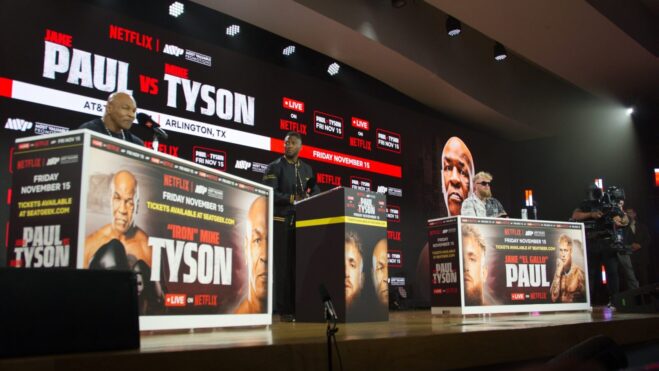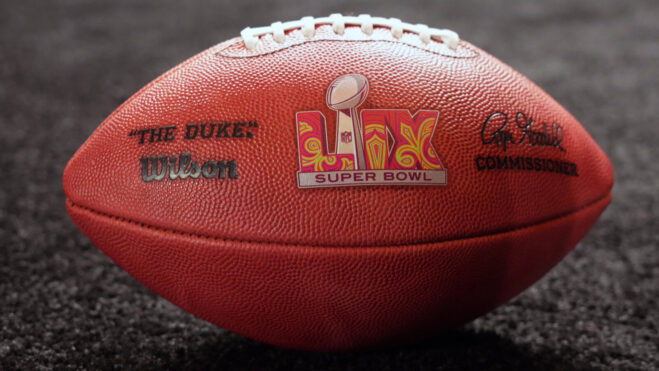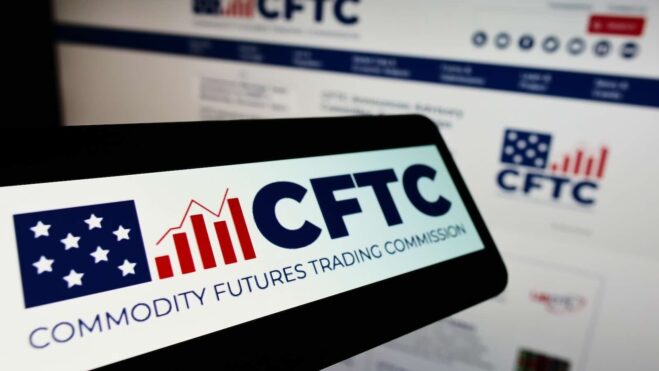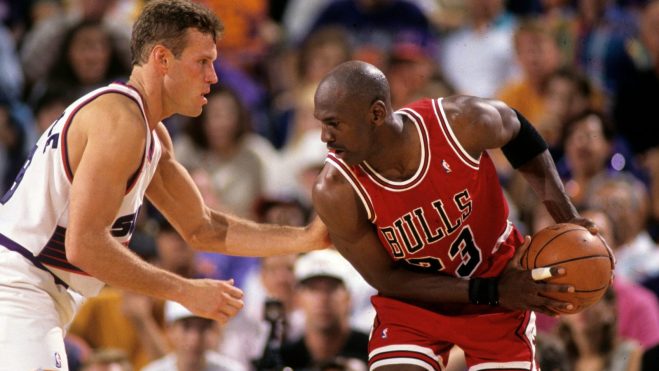Schuetz: Las Vegas Misses The Homeboys
Circa’s Derek Stevens is the exceptional to the rule as Vegas mostly heads in the wrong direction
7 min
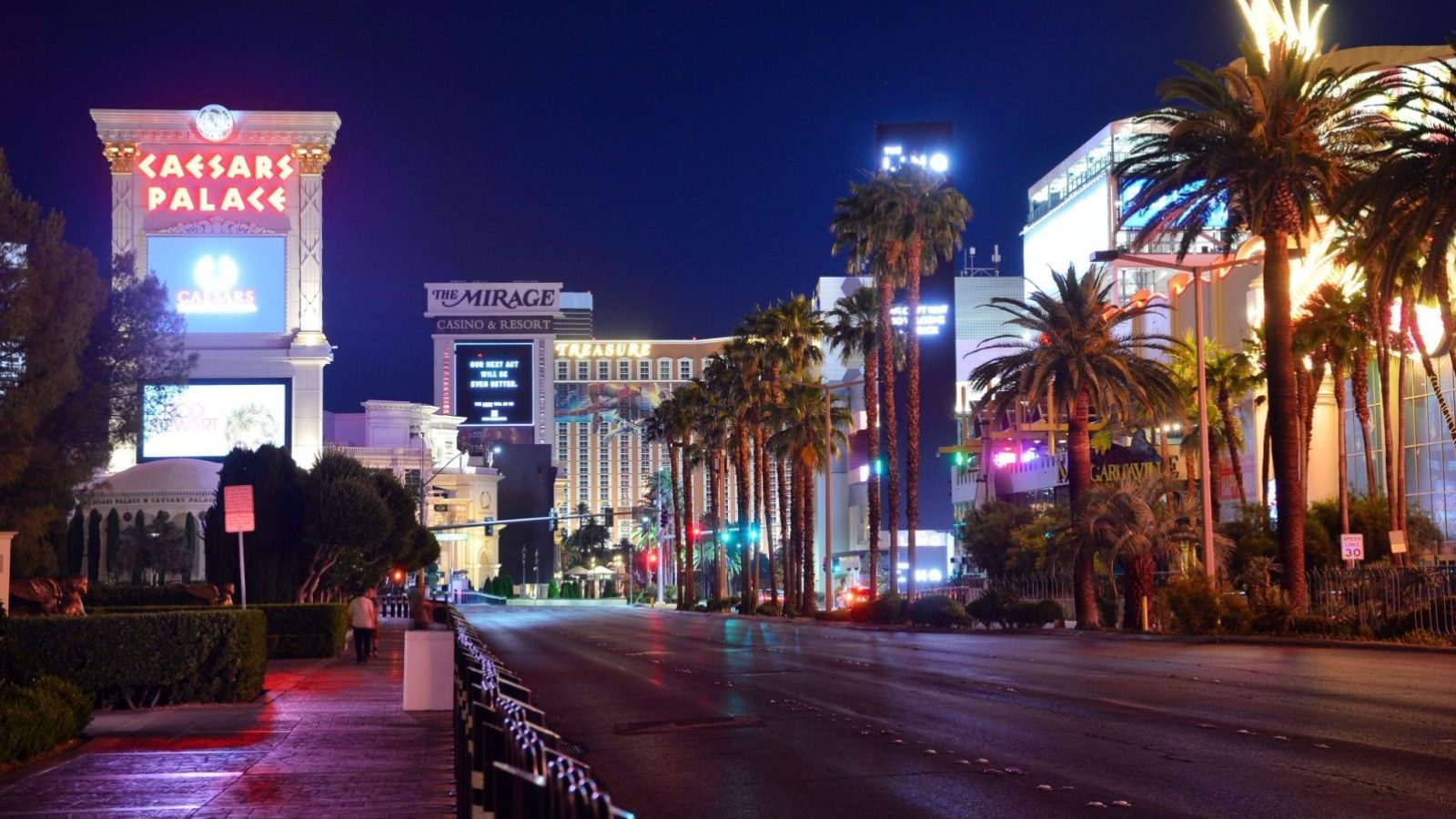
“We don’t have the homeboys.”
— Elaine Wynn, 2014 speech at the Mob Museum
My engagement with the casino business started in 1971. As a student at the University of Nevada, Reno, I needed money, so I worked at Harrah’s Hotel & Casino in Reno from 9 at night until 5 in the morning. I initially wrote keno with a Chinese calligraphy brush and India ink (a job with international flair). I then moved into dealing 21 and dice. I will note that during this time, I was always tired.
I have been hanging about the industry ever since, doing this and doing that, all the way up to CEO. I suggest that there have been some rather significant changes, noting that when I started in the business, there were still some mechanical slot machines in use.
Since then, I have lived through the transition from fully electromechanical slot floors to the revolution of the stepper motor, which changed things dramatically and was even funny at times. The initial near-miss era, where a slot would play the game internally through its random number generator (RNG) and then position the reels to make the payout that the operator determined looked good, drove customers nuts. For instance, if the RNG determined that the customer won nothing, it would place a jackpot symbol on the first reel on the payoff line, likewise the second, and the third jackpot symbol would then land one space above or below the jackpot line. This agitated customers, prompting regulators to fix it … a bit.
There have been other material changes, such as slots going coinless. When I ran the casino at the Stardust, I would occasionally change from my suit into overalls and participate in the slot drop at 2 a.m., where a team collected buckets of coins from under the machines. I was always anxious to learn how everything worked, and doing this gave me some street cred with the real working folks, so I would do it from time to time. The machines then had eight meters in them and had to be read, copied, and verified on a report manually by an individual walking with the count team. It is much different now. All of this was incredibly expensive, time-consuming, and we had to move, transport, wrap, and store tons of coin.
But enough rambling down memory lane. The point I wanted to make was that there have been some major qualitative changes in the casino industry that I have lived through. The first big one that I knew was big when it was happening was the opening of the Mirage in 1989.
An eruption of change
I changed into my tux at the Stardust, where I ran the casino, and opted to walk down to the Grand Opening Party at the Mirage, for I knew traffic would be a disaster. As I walked along the sidewalk in front of the Mirage, I was amazed. The industry then was a slave to cost/benefit calculations, and I was presented with a $30 million volcano erupting in the front yard of a casino. Well, this was different.
When I went inside, I was awestruck. This was not another casino opening, but a fundamental shift in what the casino industry was about.
Before the Mirage, we all ran big boxes of slots that also offered table games. That had been our model for a long time. Sure, we had some lounges and a showroom, along with a mix of restaurants lining the walls. And don’t forget the gift shop.
That was the model, and when he opened the Mirage, Steve Wynn changed all that. It was a big deal that changed the character of the casino business around the world.
It seems that we are experiencing something of a change now, and I believe that it is not good. It has been characterized by a whole array of dimensions going south at the same time.
Las Vegas has faced criticism in news stories in many countries globally, alleging that its price model is exploitative and unreasonable. The city’s two main sources of foreign tourism, Canada and Mexico, have reduced visitation due to a combination of political and economic factors. General air traffic to Vegas is down, most certainly associated with both perceived and real concerns about the health of the economy. And on and on it goes.
While a certain degree of what is going on in Las Vegas is specifically assignable to events, such as President Donald Trump’s remarks that offended many of our northern friends in Canada, much is less definite.
My observations are that the town appears dirty and cheap, and is becoming expensive. It is in a meh phase, albeit a costly meh phase.
The other Wynn chimes in
I have a theory about the source of the current malaise in Las Vegas, which relates to a statement by Elaine Wynn. In 2014, she was speaking at the Mob Museum with Jan Jones and Patty Becker. She commented, as noted at the top of this article, that “We don’t have the homeboys.” What I understood Ms. Wynn to be saying was that we were losing the group of influential casino owners, executives, and others within the community who made sure that the industry was generally behaving and worked to ensure that Vegas was headed in the right direction.
The homeboys were people like Terry Lanni, E. Parry Thomas, Kirk Kerkorian, Bill Boyd, Hank Greenspun, people with the last name of Binion, and several others. These folks kept an eye on what was going on with Las Vegas, and if it started to veer off in a curious direction, they would, through their influence, work to see it righted. And that work was often done with a simple phone call, a lunch, or a small meeting.
It seems in this day and age, where Vegas is owned by Real Estate Investment Trusts (REITs) and is either managed by asset management firms (i.e., Apollo) or is a slave to stock analysts, there is no long-term vision, but just a focus on the next quarter’s results.
This phenomenon is what I refer to as the revenge of the bean counters. These are quantitative types who believe that they know everything about everything. They review spreadsheets in New York or beyond, then ship orders to Las Vegas firms to identify two more points of opportunity in food and beverage, to increase the slots hold percentage, and so forth, despite not understanding the difference between a cold deck and a cold duck. It is called management by the numbers.
According to The Street, over the last decade, Las Vegas room rates also have gone through the roof, rising by over 70%, well beyond the rate of inflation.
Oh, and trust me, with management by the numbers, you do not end up with volcanoes in the front yards of casinos. No, these folks have little imagination and generally work to compensate for that with a massive ego. Anyway, the nature and character of ownership matter, and I agree with Ms. Wynn that Vegas misses the homeboys.
Anyway, that is my theory, and it works for me.
Doing it differently downtown
And since we are talking about homeboys (forced segue), I will mention one entirely positive ownership/management individual in Las Vegas who is demonstrating the best characteristics of a homeboy. He seems to care less about what the rest of the industry is doing, and does his own thing, and does it well.
I have watched this dude named Derek Stevens over the last four years because I stay at the Circa Resort & Casino every year for BetBash. And when you are at Circa, it is not hard to watch Mr. Stevens, for he is always everywhere.
The first thing a person notices about Circa is that it is alive and clean. It seems that Derek wants it that way. I was once in the men’s room at the conference center restroom area during an evening event that Stevens also attended. There was a restroom attendant doing restroom attendant things within the space, and Derek was walking out before me. He handed the attendant a $100 bill. There was nothing exaggerated about the move; it was subtle and a pure Vegas move. It was a transaction between two people, and I just happened to notice (I am a bit experienced with Vegas moves).
I suggest that a person cannot even begin to calculate the rate of return on that $100. It is enormous and long-lasting. At that point, I pledged to keep an eye on this guy Derek Stevens.
It was also the case that during a panel I was on during the first BetBash at Circa, Derek talked about getting down at the Stardust Race & Sports Book back in the day, and he knew about the payphones, and running across the Strip looking for numbers. Damn, the dude knows betting. Respect.
The reason that Circa runs a real book, I have now come to understand, starts at the top. When one talks to the folks who work in the betting space at Circa, one will not find a soft spot. All are very competent. With Stevens, the bettor became the bookie and hired top-drawer people to execute his vision, for you need top-drawer people to execute his vision.
And on and on it goes.
The clincher occurred during my most recent trip this month for BetBash. I was doing my annual wander about the casino to see what was happening, and I noticed the famous Las Vegas statue of Crazy Girls located in Circa at the lower entrance to the rooftop Legacy Lounge. To acquire that statue was a stroke of genius, and it did not get by Derek. He knew what that statue meant back in the day and the statement he was making by acquiring it. The statement he was making was that this is the real Vegas, and more and more, people are missing the real Vegas.
During my career, I have had the opportunity to work for a lot of folks, including key positions for Mr. Wynn, Sheldon Adelson, Lyle Berman, the Hughes folks (Summa Corp), Boyd Group, and so on. I’ll put Derek up against them all, and I believe he will shine brightly.
At some point in his life, Derek fell in love with Las Vegas, and it appears that he is doing everything he can to ensure it does not slip away.
I hope he keeps up the good work.
—
Richard Schuetz entered the gaming industry working nights as a blackjack and dice dealer while attending college and has since served in many capacities within the industry, including operations, finance, and marketing. He has held senior executive positions up to and including CEO in jurisdictions across the United States, including the gaming markets of Las Vegas, Atlantic City, Reno/Tahoe, Laughlin, Minnesota, Mississippi, and Louisiana. In addition, he has consulted and taught around the globe and served as a member of the California Gambling Control Commission and executive director of the Bermuda Casino Gaming Commission. He also publishes extensively on gaming, gaming regulation, diversity, and gaming history. Schuetz is the CEO of American Bettors’ Voice, a non-profit organization dedicated to giving sports bettors a seat at the table.
